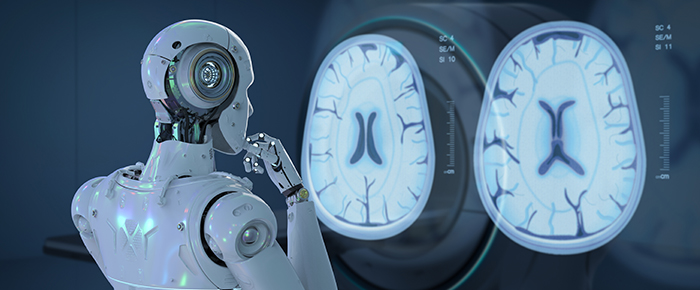
AI Revolutionizes Diagnosis with Medical Image Analysis AdvancementsAI Revolutionizes Diagnosis with Medical Image Analysis Advancements The advent of artificial intelligence (AI) has brought unprecedented advancements to the medical industry, particularly in the field of medical image analysis. AI-powered algorithms have revolutionized the way medical professionals diagnose and treat diseases, leading to improved patient outcomes and reduced healthcare costs. Enhanced Disease Detection and Classification AI algorithms are trained on massive datasets of medical images, enabling them to identify patterns and detect abnormalities that might escape the human eye. These algorithms can assist in the early detection of diseases such as cancer, heart disease, and Alzheimer’s, improving the chances of successful treatment. Improved Treatment Planning and Monitoring By analyzing medical images, AI can provide valuable insights into a patient’s condition and the best course of treatment. For example, AI can help surgeons plan complex procedures by creating 3D models of the affected area, or it can monitor treatment progress and identify any potential complications. Automated Image Analysis and Reporting AI algorithms can automate the time-consuming process of image analysis, freeing up radiologists and other healthcare professionals for more complex tasks. This can significantly reduce waiting times and improve the efficiency of healthcare services. Personalized Medicine AI algorithms can analyze patient-specific medical images to identify risk factors, predict disease progression, and tailor treatment plans accordingly. This personalized approach to medicine enables healthcare providers to provide more effective and targeted care. Specific Examples of AI Applications in Medical Image Analysis: * Cancer Detection: AI algorithms can analyze mammograms, CT scans, and other images to detect cancer with high accuracy, often at an earlier stage than human radiologists. * Heart Disease Diagnosis: AI algorithms can assess heart health by analyzing images from echocardiograms and MRI scans, identifying abnormalities such as blockages and valve defects. * Neurological Disorders: AI-powered image analysis can aid in the diagnosis and monitoring of neurological disorders, such as Alzheimer’s disease and Parkinson’s disease, by detecting subtle changes in brain structures. Conclusion The advancements in medical image analysis driven by AI are transforming the diagnosis and treatment of diseases. By enhancing disease detection, improving treatment planning, automating image analysis, and enabling personalized medicine, AI is revolutionizing healthcare and leading to improved patient outcomes. As AI technology continues to evolve, we can expect even more remarkable breakthroughs in the years to come.
Posted inNews